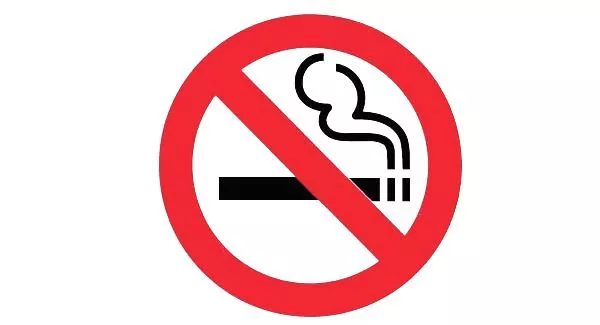Prison chiefs are keeping a “watching brief” on the possible emergence of jihadist extremism in Irish jails.
The head of the Irish Prison Service Caron McCaffrey said that staff had attended international conferences on the issue, including deradicalisation programmes being used in prison systems abroad.
Her comments came after prison officers flagged the possibility of Irish citizens who are suspected of fighting with ISIS, or being part of the terrorist group, in Syria and Iraq being returned to Ireland and imprisoned.
Speaking at the annual conference of the Prison Officers' Association in Sligo, association president Tony Power said none of his members had been trained in deradicalisation.
“We have read recently of the possibility of some Irish citizens returning from involvement with ISIS and perhaps spending time in our prisons,” Mr Power told delegates.
“And, if this happens, prison officers could be involved in a deradicalisation process. And, are we trained to do this? No.” He said they had been told that “two IPS staff” had been trained in the area, but they were not prison officers.
So, once again,” he said, “we will be expected to make it up as we go along. It's just not good enough.
Speaking to the media at the conference, Ms McCaffrey, IPS director general, said: “We are certainly keeping a watching brief.” She said that across Europe prisons have been “breeding grounds for extremism”.
But she said: “We don’t have that same issue in Ireland. However, we are keeping a watching brief. We’re engaging internationally at conferences to ensure that if that issue were to become a problem in Ireland we would be in a position to respond. However, it’s not an issue in Irish jails at the moment.” The prison boss added: “We do have staff that are regularly attending international conferences to ensure and we would be dealing as part of a group within the department of Justice if that issue were to become an issue in Ireland. So it wouldn’t just be a prison service response it would be a response across the criminal justice system.”
A source in prison management said that any deradicalisation programme would most likely not be conducted by prison officers, but would probably be done by other staff, such as psychology or education staff.
In a separate issue raised at the conference, the POA called for the introduction of smoke-free prisons as a health and safety measure for staff.

Prison cells are exempt from the smoking ban.
“The problem is, we are prison officers, but we have lungs the same as everyone else and we suffer the same health issues are everyone else,” said John Clinton, general secretary of the POA.
“The smoking ban was introduced into the workplace 15 years ago. People said it wouldn't work in pubs and other public places, it has worked and has been maintained.” He said it was possible to do in prisons and said there were examples of smoke-free jails across Europe.






